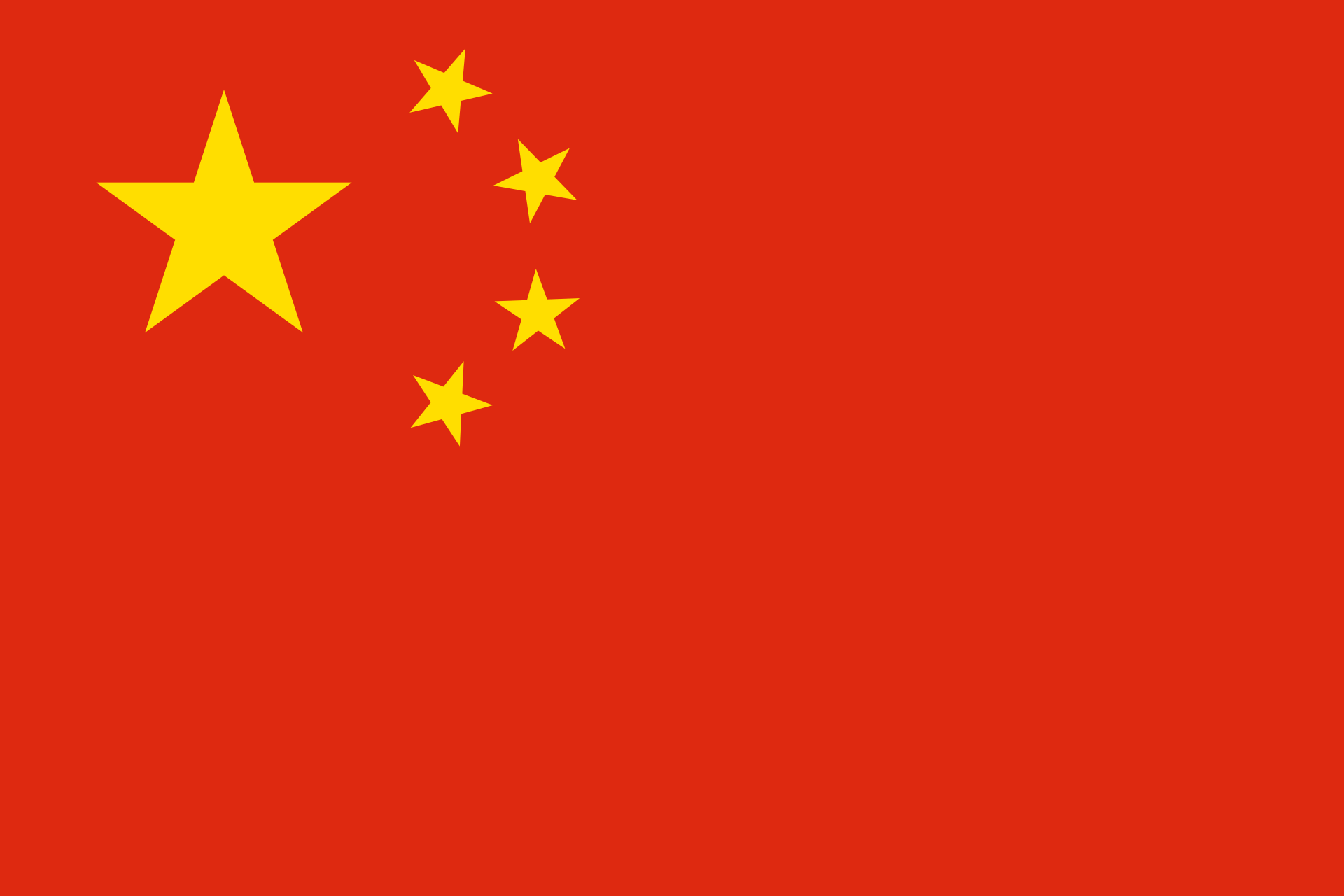IMPACT OF THE SILK ROADS HISTORY ON TODAY ECONOMY AND CULTURE IN OMAN
IMPACT OF THE SILK ROADS HISTORY ON TODAY ECONOMY AND CULTURE IN OMAN
After Vasco de Gama rounded the Cape of Good Hope, the Portuguese occupation of Oman’s ports and aggressive dominance of the Indian Ocean trade brought poverty where there had once been prosperity, putting the seal on an extended era when Oman’s cities were marked by sophistication and culture, by thriving marketplaces, great libraries and splendid mosques.
By the mid-17th century, however, Oman had liberated Muscat and was fast rebuilding its naval fleet, which gradually regained its prominence over the ensuing two centuries. With the rise of the Al Bousaidi State, coinciding with increasing focus by Western imperial powers on the region, Oman could call on many centuries of interaction with disparate cultures, creeds and political systems to demonstrate a gift for diplomacy which since that time has spared it many tribulations and supported its standing as a strong sovereign State, independent, peaceful, respected and respectful of its neighbours and of its own people and environment.
When Sultan Qaboos bin Said succeeded his father as ruler of Oman in 1970, he inherited nevertheless a country that was poor and undeveloped. Over the course of the next 45 years he opened up and diversified the economy of the Sultanate, investing newfound oil wealth in an ambitious infrastructural development plan.
Under the umbrella of the Modern Renaissance, Oman has carefully nurtured its relevance as a trading hub. Among its many ports, Salalah Port in Dhofar is today listed as one of the 20 most pivotal port destinations for container transfer worldwide. Sohar Port still thrives today, having undergone successive expansions. Qalhat specialises in the export of natural gas. And the old port of Muscat, today’s Sultan Qaboos Port, today welcomes cruise liners from all over the world, as Omanis’ long and justified reputation for welcoming strangers turns the Sultanate into a growing tourist destination.
The Sultanate enjoys positive health statistics, a high literacy rate and a thriving economy. Careful planning has ensured that its environment has not suffered the negative effects of untrammelled growth and this moderated approach is reflected in the pristine quality of its natural environment and its wealth of restored heritage sites, several of which are on UNESCO’s World Heritage List.
Oman’s exceptional social and political stability is reflected in its amicable relations with Arab, Gulf and Asian neighbours, as well as with the major world powers. Its well-equipped navy protects strategic shipping lanes in the Gulf. A history of pacifism and quiet diplomacy, and a refusal to interfere in the internal affairs of others, has earned it outstanding success in the resolution of local and regional disputes, as exemplified by its own peaceful borders. There can be few more fitting tributes to the core purpose of the Silk Roads than the attainment of peaceful relations between nations. In the words of Al-Maqdisi: “By means of the merchandise of China is wisdom spread abroad.”
Under Sultan Qaboos, the Sultanate has maintained an extended close collaboration with UNESCO, and this collaboration includes a three-decade-long commitment to the UNESCO Silk Roads Initiatives. One of the highlights of this commitment was the Maritime Silk Roads Expedition for which His Majesty Sultan Qaboos granted UNESCO the use of his Royal Yacht, the “Fulk Al-Salamah” for over six months (October 1990 to March 1991). On a 154-day, 27,000 km study trip from Venice, Italy to Osaka, Japan, 100 scientists and 45 journalists from 34 countries engaged in an exchange of ideas about the cultural interactions, common heritage and plural identities that emerged and developed along these maritime routes over the centuries. Twenty seven historical ports in 16 countries along the Maritime Silk Roads were visited, most of them old trading grounds of the Omanis themselves. From a nation with such a strong connection with the sea and seafarers, it was an appropriate, and typically generous, gift.
More recently, the Sultanate is again providing political and financial support with a subsidy of US$50,000 for the new initiative “The Silk Roads Online Platform for Dialogue, Diversity and Development”, launched in 2011. This contribution will enable the Online Platform to reach a wider public, particularly in the Arabic-speaking countries, and to disseminate knowledge and scholarship developed by academic and cultural institutions in these countries.





